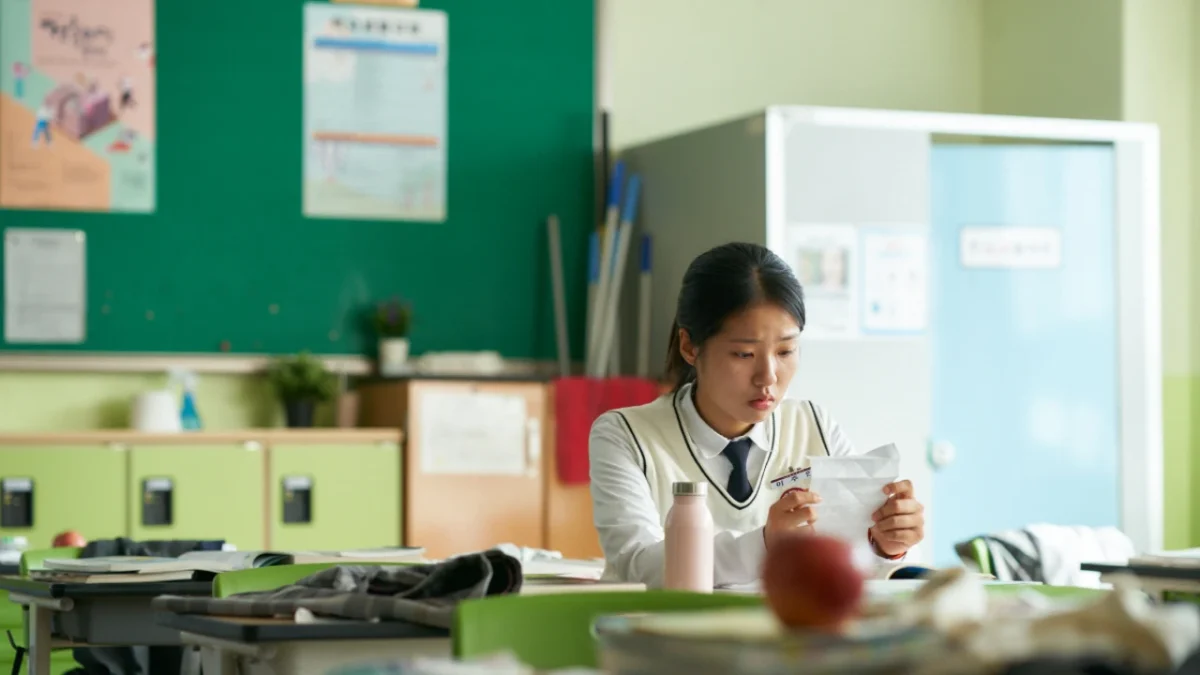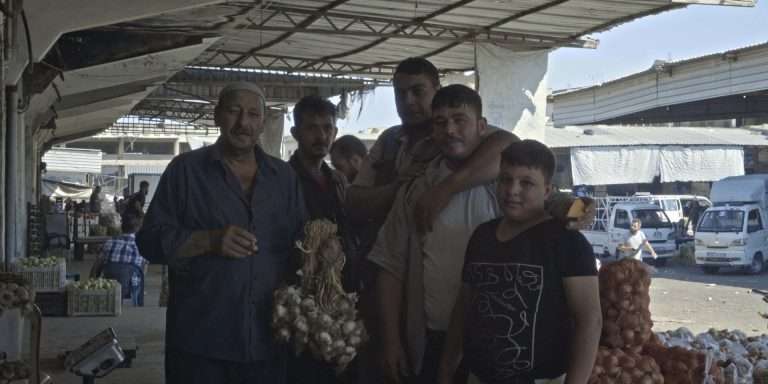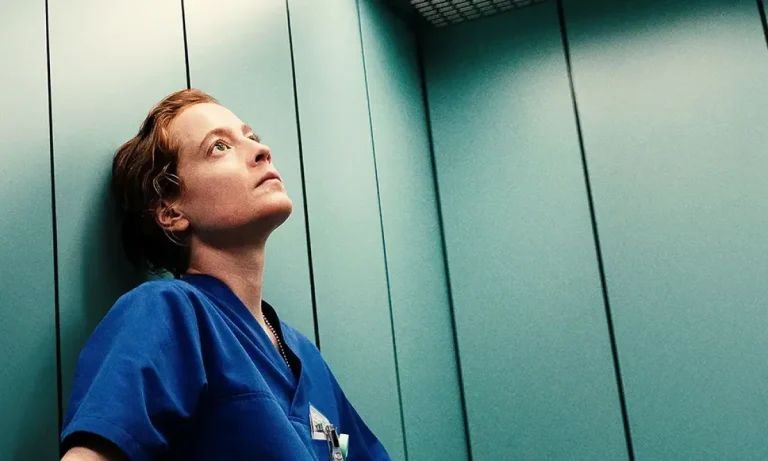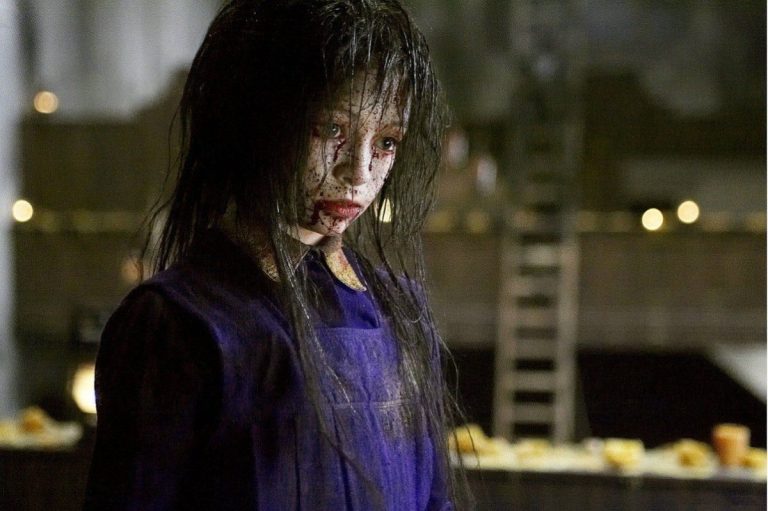A realization dawned on me during my screening of “The World of Love” (Segyeui Ju-in, 2025) at the London Film Festival, which I will never forget. I experienced an incredible feeling of déjà vu, realizing that I was once again watching a 2025 film that had expertly balanced a complicated topic – sexual assault – with inexplicably great comedy (the other being Eva Victor’s “Sorry, Baby”). The question that followed was this: when they say, ‘comedy is tragedy plus time, ’ what do they mean by that?
In Yoon Gae-Un’s (“The World of Us,” “Sprout”) “The World of Love” (or “Master of the World,” when translated directly from Korean) – the award-winning director’s first film in six years –17-year-old Lee Jooin’s (Seo Su-bin, in her first film role) world is, frequently, one of laughter. By all accounts, Jooin leads the life of a typical high schooler: a confident, funny student who gossips with her friends about boys, has an exceptional turnover of boyfriends, and does TikTok dances in her lunch break.
The one thing her classmates don’t know, however, is that Jooin is a survivor of sexual assault. After blurting out this secret during an argument at school, the past she’s kept hidden away for so long threatens to take over her entire life when she starts receiving anonymous notes about her confession.
Indeed, comedy is often tragedy plus time, but comedy doesn’t offset tragedy. With great introspection, “The World of Love” asks us to recognise the time it takes to heal. We step into the shoes of a survivor staring at a split road of suppressive normalcy vs the terrifying uncertainty of liberation. It goes without saying that this film wouldn’t be the same without Seo Su-bin’s unbelievable performance, and her performance couldn’t have been achieved without Gae-Un’s assured approach to directing her actors. Speaking at a press conference, Su-bin praised her direction to “…not to show things, but to really listen and see.”
And this methodology works, embodying the intimate emotional highs and lows that would flow naturally into a high-schooler’s expectation to perform a certain way, despite the looming shadow of personal tragedy. We feel this sensation at its summit during a gut-wrenching moment where Jooin breaks down in a car wash. The thunderous machinery soaks the vehicle with water as this outpouring of pain is unleashed onto her own mother (Chang Hyae-jin). As a filmmaker, Gae-Un has captured the lived-in reality of a sexual assault survivor as realistically as she could have, and this scene serves as an example for managing to achieve this in an oftentimes devastating way.

Read More: The 40 Best Korean Movies of the 21st Century
Like “Sorry, Baby,” “The World of Love” also recalled memories of watching last year’s staggering documentary “Black Box Diaries,” as director Shiori Itō details the lengthy pursuit of justice for her own sexual assault case. Both films, albeit very different in format and origin, present the same thesis on how we must continue hearing these stories and how we must continue to embrace the courage it takes to tell them. There’s an ever-present sense of being a ‘fly on the wall’ (Gae-Un describes this third-person perspective as “…essential…” to the film) with how we drop in on Jooin’s story, further defining the realism of the film, but also creating this sense of contextual voyeurism.
In essence, we are watching Jooin just as the anonymous note-maker is also watching her. Another film might overblow the maliciousness and unease, but I think that would leave us with nowhere to go. The uniqueness of this effect is that – in the final scene – Gae-Un is asking us to hold two concepts at once: judgement and understanding. A Pandora’s box opens when these stories are told, and the genius of “The World of Love” is in encapsulating the enormity of both scrutiny and empathy on such a localised scale.
Perhaps “The Master of the World” – then – would be a more apt title for us English language viewers, too. Because, really, that’s what we all want to be. Acknowledging you exist alongside all the hurt that ever is, was, or will be, is one thing…admitting it to the world? A whole other. Manoeuvring between our extraordinary circumstances and our yearning for an ordinary life, in allowing ourselves to speak about vulnerability, we also open ourselves up to the possibility of becoming an example. ‘The person that this happened to. ’ This level of control and acceptance – as hard as it is to practice – is not just Jooin’s path to follow, it is all of ours. We can be the masters of our own worlds.
I left “The World of Love” with a renewed sense of belief in my own capability to do this. I think you will too.



![Malmkrog [2020]: ‘MUBI’ Review – The Talking Cure for Elites](https://79468c92.delivery.rocketcdn.me/wp-content/uploads/2021/04/Malmkrog-1-highonfilms-768x433.jpg)


![Midsommar [2019]: ‘MAMI’ Review – A blissfully warm nightmare](https://79468c92.delivery.rocketcdn.me/wp-content/uploads/2019/10/Midsommar-MAMI2-768x384.jpg)